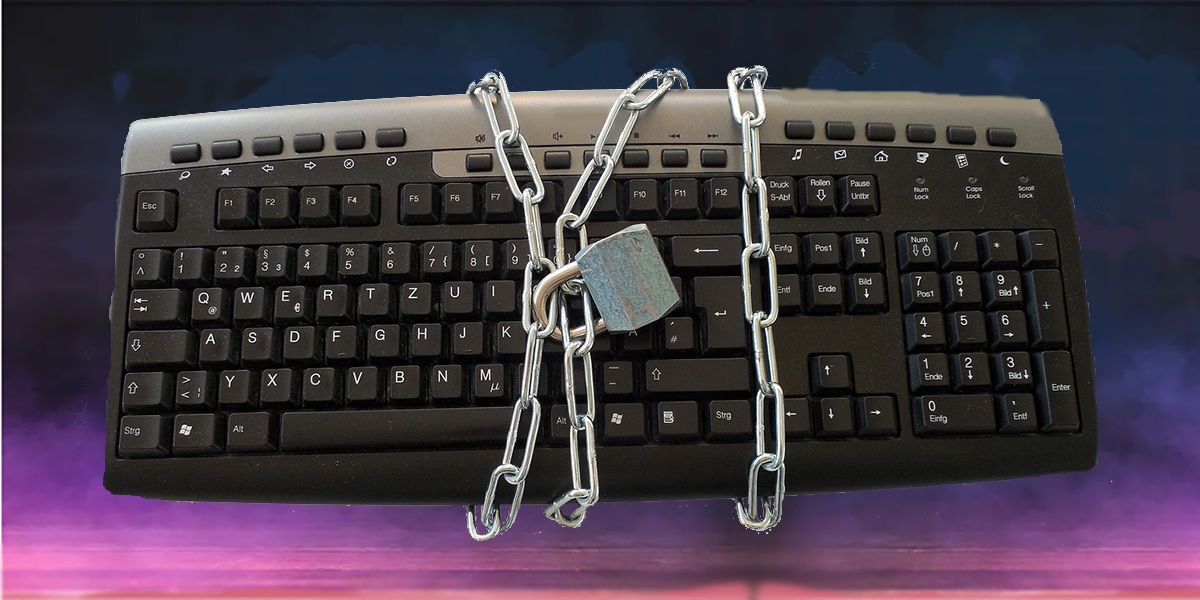
How Good is Your Password Hygiene?
- Neil Paulley
- Apr 30, 2025
- 3 min read
Updated: Jun 30, 2025
We’ve all been guilty of using the same password for everything or opting for something simple like “abcd1234” to make life easier. The reality is that password security is far more important than most realize. With so much of our lives now online—from social media and work to banking and shopping—a weak password is like leaving your front door wide open. Hackers aren’t just after your money. They can steal your identity, lock you out of your accounts, or do much worse. It only takes one weak password to put everything else at risk. Once they gain access to your system, it could be ‘access all areas.’
Whether you're logging into your work email or your Netflix account, having strong, unique passwords (and keeping them secure) is essential. A little effort now could save you a huge headache later. Here are some pointers to ensure you’re on the right track.
What is a ‘Strong’ Password?
We’ve all encountered websites that prompt you to create a ‘strong’ password. But what does that really mean? Essentially, strong passwords come down to three essential factors:
Length: A longer password is harder to guess. Aim for at least 12 characters, but 14 or more is even better.
Nonsense: Names or recognizable words are easier to remember but also easier to guess. Instead, choose a random mix of characters that don’t form a recognizable word.
Mix it up: Include symbols and numbers along with uppercase and lowercase letters. This makes your password more challenging to crack.
Be Different: Ensure that your password is significantly different from any others you use. If someone hacks one password, you don’t want to hand them the key to cracking the rest. This attack is known as ‘credential stuffing.’ Once hackers gain access to one password, they’ll try it on a host of other sites—banks, social media, and more—just in case it works. Make sure your passwords are unique and strong.
Safe Storage of Passwords
Once you’ve created a strong password, you need to keep it safe:
Don’t Share: Never share a password, even with friends or family. It's better to create a separate login for anyone who needs access.
Secure Sharing: If you must share passwords, be cautious. Consider sending a username via encrypted messaging and then calling to share the password. This method reduces the risk of compromise.
Avoid Writing It Down: While it's easier said than done, if you don’t have a great memory, think of alternative options. Use a memorable phrase that’s hard to guess, like, “P1gs1nBl4nk3ts!” Consider using a password manager to keep your passwords secured. If you really must write it down, do so in a form that only you can understand.
Be Alert: Always be vigilant about anyone trying to trick you into revealing your password. Legitimate organizations, like banks, won’t ask for your password over the phone. Trust your instincts and keep your information confidential.
Some Password Security Tips
Here are several tips that can help you maintain good password hygiene.
Ideas Generation: If you struggle to come up with strong passwords, many browsers offer a password generator. For example, Microsoft Edge can create and remember unique passwords for you.
Enable Two-Factor Authentication: When available, always enable two-factor or multi-factor authentication. For instance, when you shop online and your bank sends a one-time code for verification, it adds an extra layer of security.
Use Silly Answers: Security questions may ask for answers like your first pet’s name. You don’t have to provide logical answers; just ensure your answers match what the service has on record. If you say ‘Blue Ford Escort’ was your first pet while claiming ‘Colin’ was your first car, that’s totally fine—as long as you remember it!
Change It Up: Always change your password if you suspect your account has been compromised. It's better to be proactive than to wait and risk further issues.
The Importance of Password Hygiene
Password hygiene is incredibly important in our digital age. Poor password practices can lead to devastating consequences. By understanding the methods of hacking and the importance of strong passwords, we can better protect ourselves online.
Conclusion
While it can be a daunting topic, password hygiene isn't that difficult. In fact, it’s about forming good habits. Most of us take two minutes to brush our teeth before bed; we can also take a couple of minutes to create and save strong passwords. A few focused efforts today can offer significant benefits in the future. Protect your online identity and keep your accounts secure—because a compromised password can lead to a world of trouble.
---
By following these guidelines, you can ensure that your passwords are secure. Remember, your online safety is worth the effort!

If you're looking for a password generator free of charge that can help you create highly secure passwords, online options are plentiful. These tools are essential for avoiding weak or easily guessable passwords, which are a common target for hackers. By generating truly random combinations of characters, they make your accounts much harder to compromise. It's a fundamental step in good digital hygiene, and using a generator ensures your passwords are up to the task of protecting your sensitive information.